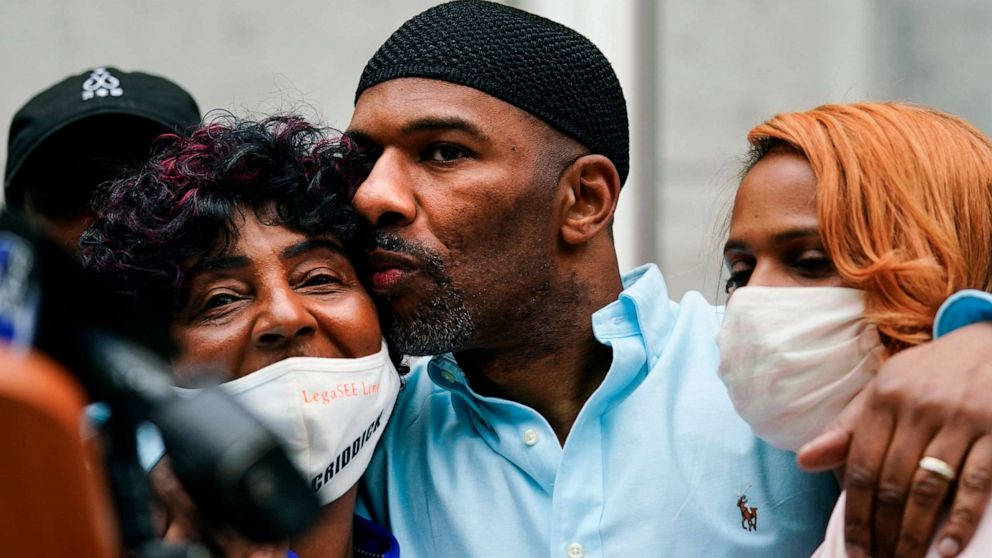Eric Riddick, released after serving 29 years for crime he says he didn't commit, turns focus to helping others
After spending nearly three decades behind bars for a crime he says he didn't commit, Eric Riddick woke up in Philadelphia on Saturday a free man -- with a new purpose and an ally to help him get it done.
Riddick, who served over 29 years of a life sentence, was released from prison on Friday after his attorney argued that evidence was not shared with the defense at the time of the initial trial.
Now, he plans to help young people who are incarcerated make a better future for themselves. And he'll do so thanks to the partnership of popular hip-hop artist Meek Mill.
25 years into his sentence, Riddick met Mill while they were both incarcerated in 2017. Mill, whose full name is Robert Rihmeek Williams, was sentenced to two to four years in prison at the time following a pair of arrests that violated his probation. He fought his own yearslong legal battle, sparking the #FreeMeek movement and the genesis for a new career in exonerating the falsely accused.
While serving time, Mill says Riddick became a mentor and friend to him, which inspired the rapper to pay it forward and help other at-risk Black male youth.
The two Philadelphia natives reunited late Friday night on a Zoom call with ABC News.
"I can't walk away from somebody who helped me the way he helped me," Mill said on the call, vowing to support Riddick in his future endeavors as a free man.
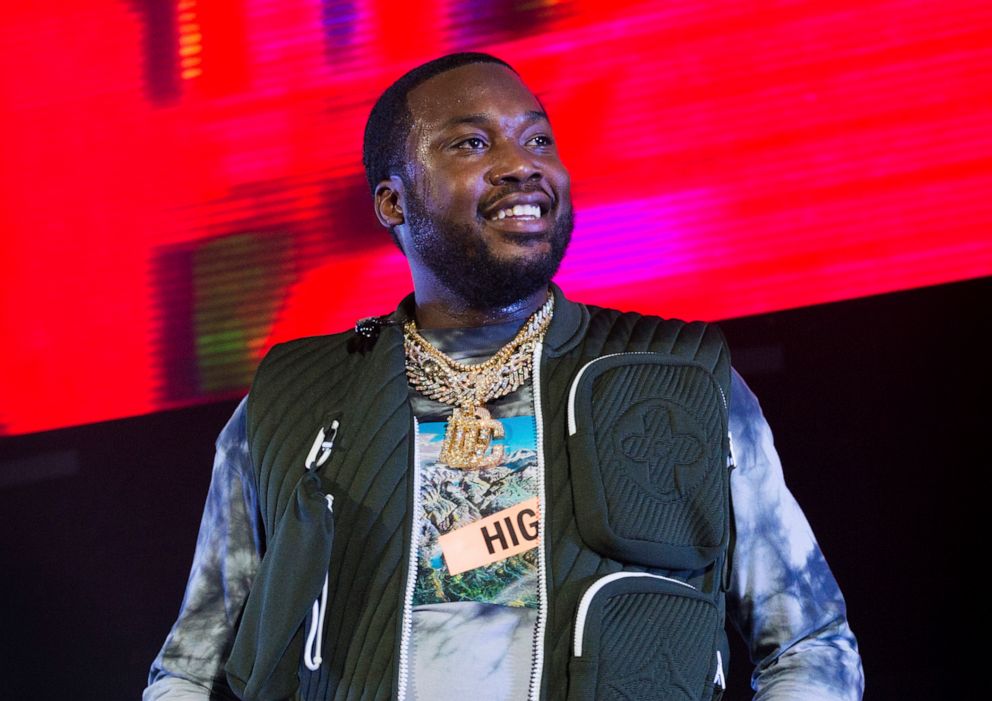
The Grammy Award-nominated rapper, who is also a co-chair of The Reform Alliance, a bipartisan criminal justice coalition, shared early plans of his latest effort to help incarcerated Black men, now with the help of Riddick.
"I want to build a youth center where we house and help rebuild young Black men," Mill told ABC News. "Our youth jails, our youth programs, they are not effective. And they don't know how to actually cater to our younger brothers and sisters coming up in our environments."
Before being released from prison, Riddick said he was working to create the Rehabilitative Outreach Program and Power, a program that would allow older incarcerated men serving life sentences to mentor younger inmates.
Like Meek, Riddick explained that it was that kind of interpersonal intervention that helped him during his 20s when he began serving his life sentence.
"Certain old-heads convinced me that I wasn't a drug dealer, that I wasn't a gun-slinger, that I wasn't a gangster, but rather I'm a husband, a father, a brother, a businessman. Once I believed that and I started living the part. I started seeing the value of the community and the value of people," Riddick said.
"We used to be the virus of violence. So, what do you do when a virus becomes the anecdote?" Riddick asked. "You use it. We can be the anecdote."
'Free at last!'
Instead of facing a new trial, Riddick pleaded no contest Friday to a lesser charge of third-degree murder and time served after the Philadelphia District Attorney's Office negotiated a settlement.
"Free at last! Thank God almighty, my son is free at last," Christine Riddick, the mother of Eric, told reporters as she walked out of court arm-in-arm with her son.
While Riddick was incarcerated, Christine Riddick rallied for the release of her son for decades.
Dana Riddick, Eric's wife of eight years, who met and eventually married the 51-year-old Black man while he was incarcerated, would soon join his family's fight. She hugged her husband Friday for the first time as a free man.
"Doing the rallies, making the phone calls, being here, being there, and just supporting each other morally and mentally ... whatever fight was needed, we did it," Dana Riddick told ABC News.
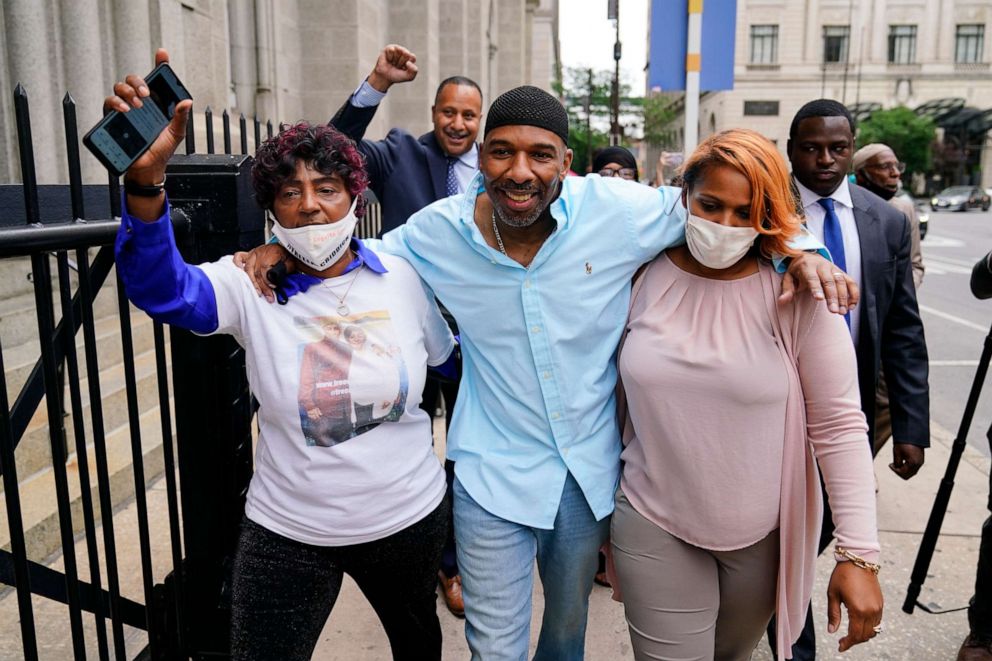
Riddick described the surreal moment of getting his freedom back in a sit-down interview with ABC News' Zachary Kiesch that aired Saturday on "Good Morning America."
"Just that embrace, knowing that I was free after everything and the end result of years and years and years and years and years of struggle [was amazing]," Riddick told ABC News.
"For all these years to go by and not being able to rectify my unlawful conviction, my freedom was not in season at that time," Riddick continued. "How do I make sense of things right now? I say, justice is in season. So [Friday] was a testimony to that."
Journey to redemption 3 decades in the making
In the summer of 1992, Riddick was 22 years old when he was convicted of first-degree murder in the November 1991 shooting death of his friend, William Catlett.
The conviction was largely based on the testimony of Shawn Stevenson, an eyewitness who told police four different accounts of what he saw but eventually named Riddick as the shooter in his last statement, according to previous appeals cited by The Associated Press. The eyewitness also said Riddick was on a balcony shooting down at Catlett, however, forensic evidence showed the shots were fired in an upward direction, according to an appeal filed by Riddick.
Stevenson later recanted his testimony in a 1999 affidavit, claiming he was coerced by Philadelphia police to name Riddick.
Riddick, who was fighting for his release with few resources before he met Mill, did not receive the affidavit until 2003.
Despite the evidence, the window to seek justice expired when he filed an appeal due to Pennsylvania's Post Conviction Relief Act. At the time, the statute required a one-year deadline for sentencing appeals, unless new evidence was obtained. The petition to present the new evidence would then have to be filed within 60 days. By the time he found out the witness had recanted his testimony in the affidavit, it was four years later.
"To me, the most significant thing about the Eric Riddick case is that there is scientific evidence that refutes completely the testimony that put him in jail," said David Oh, Philadelphia councilman at large, who has long supported a petition to pardon Riddick.
"Having scientific evidence that he's not guilty, but that evidence could not be reviewed by a judge under the Pennsylvania Post Conviction Relief Act ... it's absolutely unfair. I think it's completely unconstitutional. It's inhumane," Oh said.
During the trial, Riddick's alibi witnesses were not called to testify and the prosecutor withheld exculpatory ballistic evidence, according to Emeka Igwe, Riddick's lead attorney.
"There were a lot of things that were done wrong in this case that we were able to uncover. For example, there was a rifle that was clearly exculpatory to my client. And under a Supreme Court case called Brady v. Maryland, the prosecution has a duty to disclose all exculpatory evidence. In this particular case, it wasn't done," Igwe told ABC News.
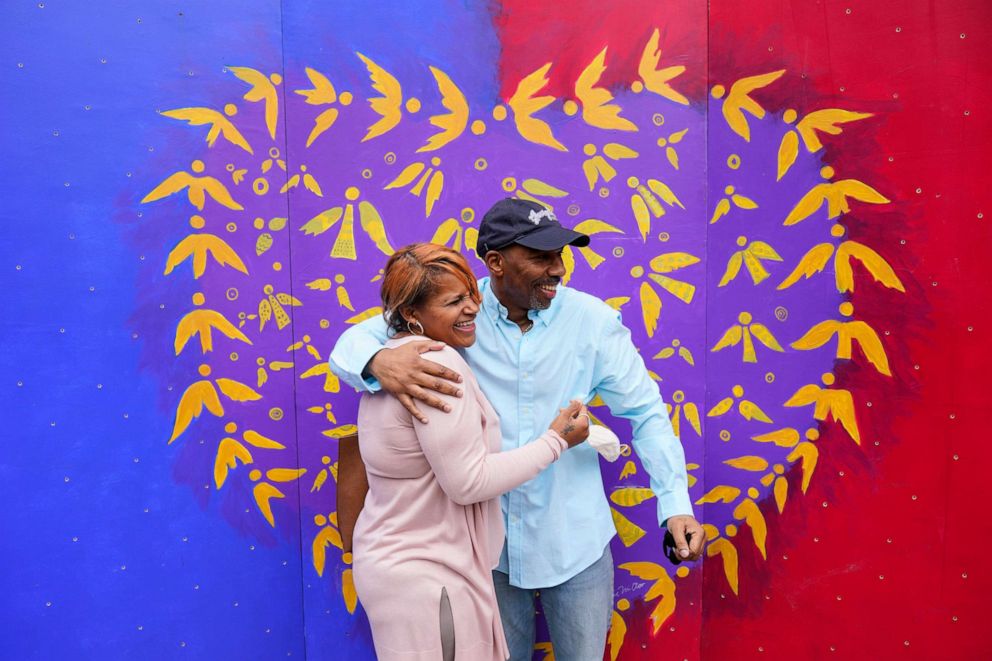
After Mill was released from prison, he offered to help Riddick, increasing the notoriety around his case and connecting him with new legal support, including Marc Howard, the director of the Prisons and Justice Initiative and professor of government and law at Georgetown University. Howard's law students helped to investigate Riddick's case and discover new evidence that would hold up to the Post Conviction Relief Act.
"Eric Riddick's story always resonated with me because he was truly victimized by a broken criminal justice system for 30 years. I have an incredible amount of respect for the strength and poise that Eric demonstrated while dealing with this nightmare and I'm thankful for everyone that played a role in helping him get released," Mill told ABC News in a statement.
Igwe said Riddick's case is reflective of the systemic issues within the criminal justice system that often prioritizes convictions over justice.
Patricia Cummings, supervisor of the Conviction Integrity Unit at the Philadelphia District Attorney's Office, said in court on Friday that Riddick did not get a fair trial due to evidence that was not fully disclosed.
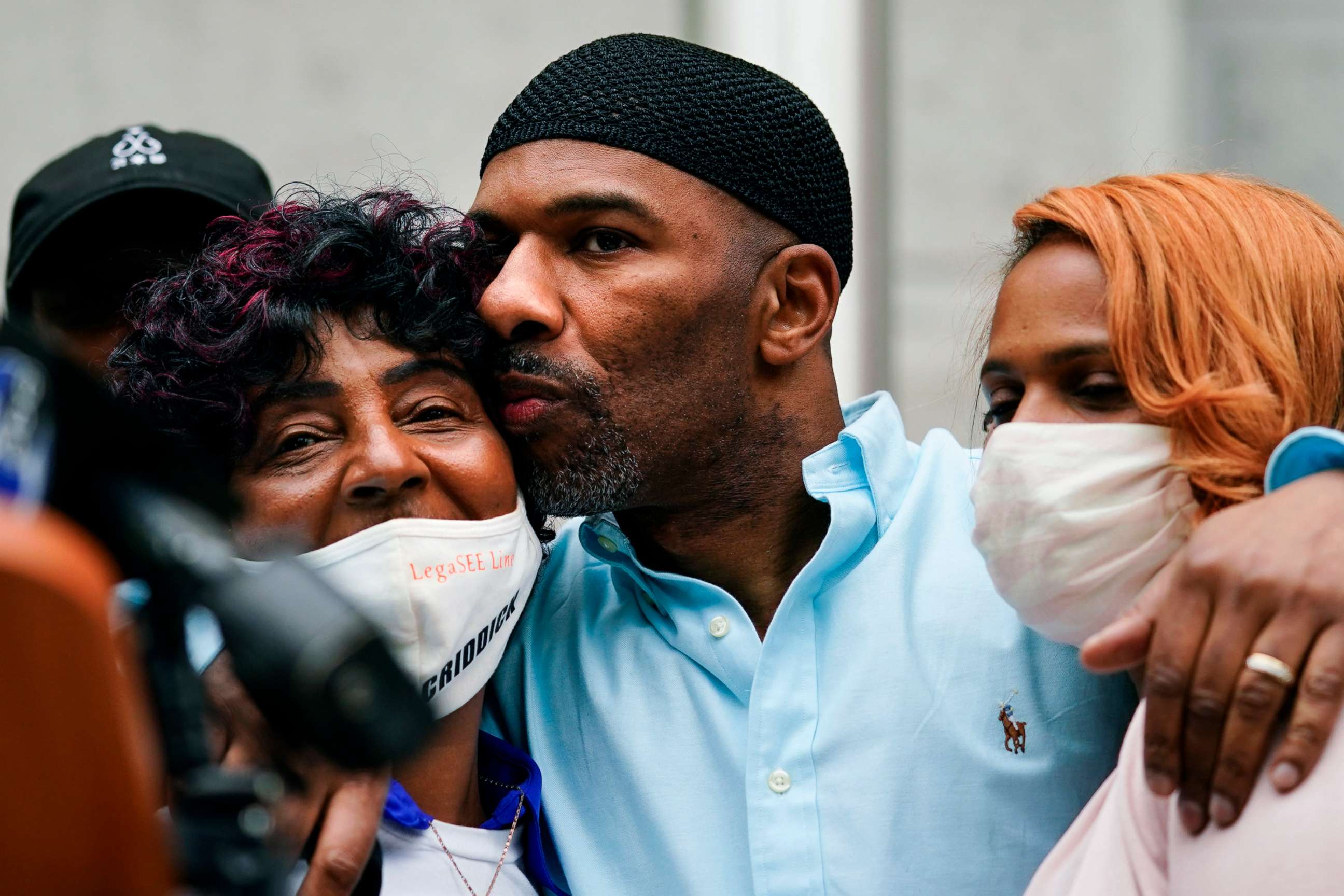
Oh and Riddick's legal team told ABC News they will continue to petition for Gov. Tom Wolf to sign an official pardon.
Now surrounded by his friends and family, Riddick said he feels more hopeful than ever that he will soon be able to clear his name.
"They say it takes a village to raise a child. Well, this is testimony that it takes a village to raise justice," Riddick said.
ABC News' Abigail Cruz and Micah Washington contributed to this report.
